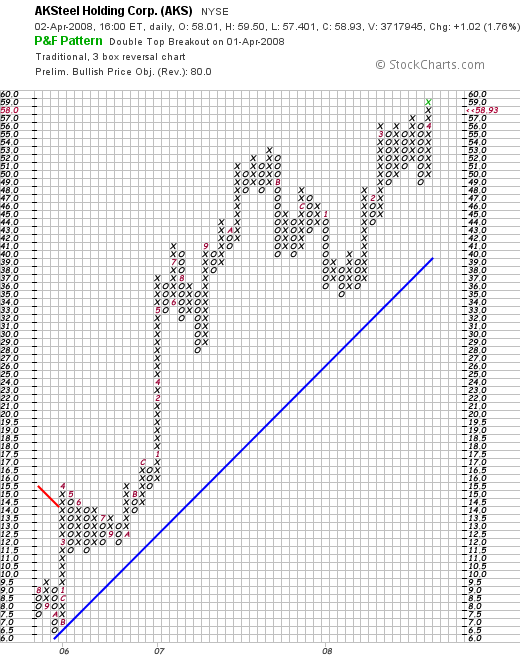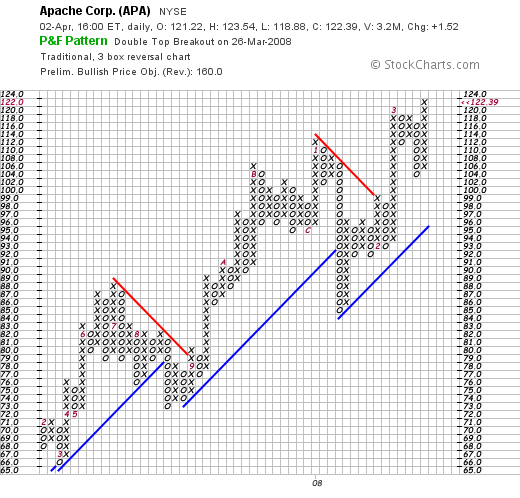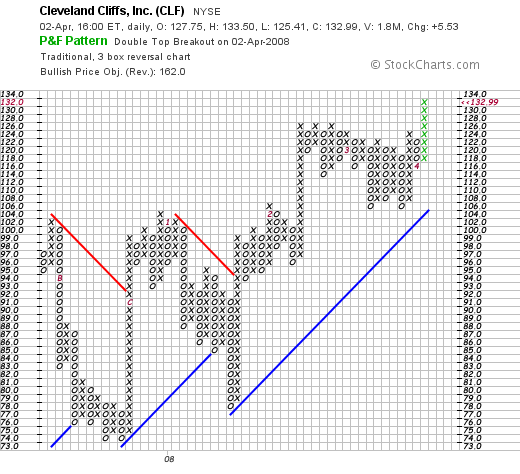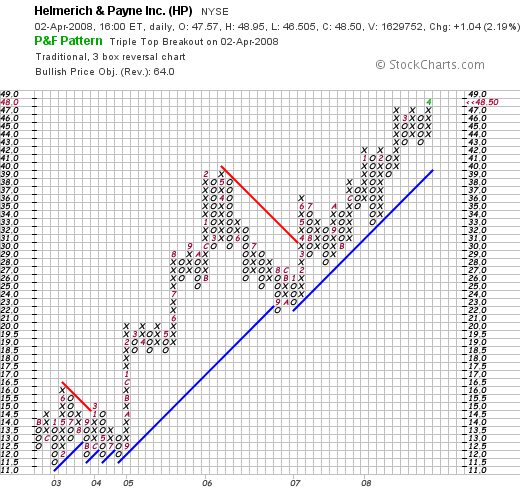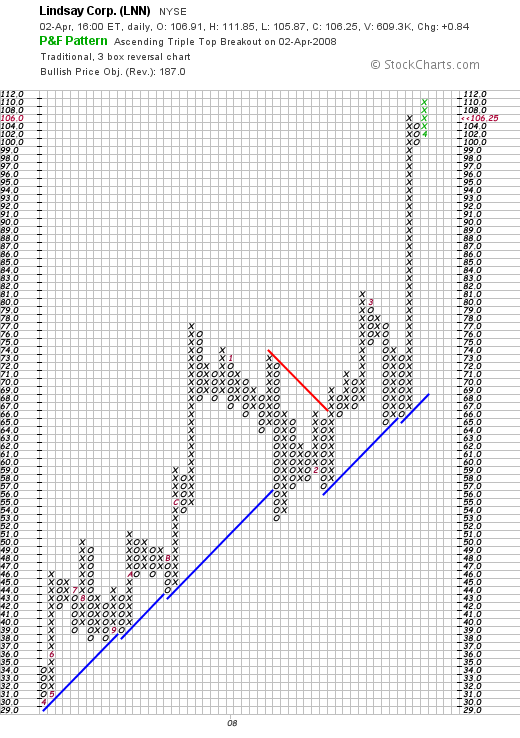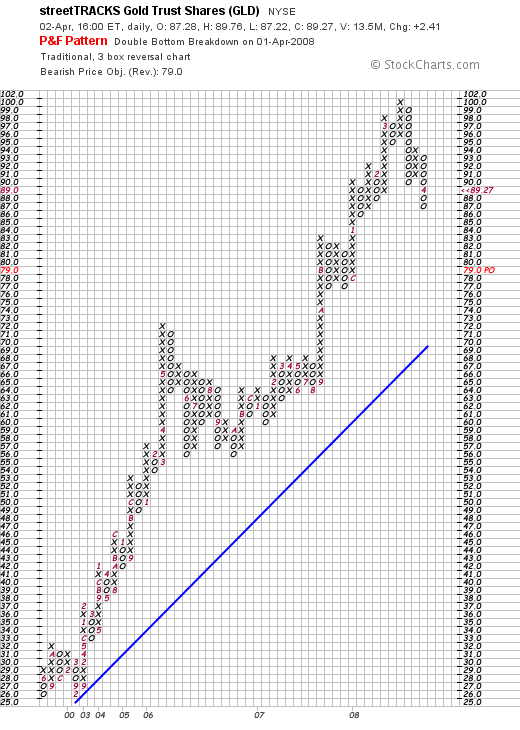A report came out this morning from the Office of the Comptroller of the Currency (OCC):
“WASHINGTON — Insured U.S. commercial banks lost $9.97 billion trading cash and derivative instruments in the fourth quarter, down $12.3 billion from third quarter revenues of $2.3 billion. For the full year, banks recorded $5.5 billion in trading revenues, down $13.3 billion from the record of $18.8 billion in 2006, the Office of the Comptroller of the Currency reported today in the OCC’s Quarterly Report on Bank Trading and Derivatives Activities.
“The large losses in the fourth quarter are the result of well-publicized write-downs on the super senior tranches of collateralized debt obligations backed by subprime residential mortgage securities,” said Deputy Comptroller for Credit and Market Risk Kathryn E. Dick. “We expected to see an adverse effect on trading results given current turbulent conditions in the credit and capital markets, particularly in light of the deterioration in market liquidity.”
Commercial banks reported credit trading losses of $11.8 billion in the fourth quarter, compared to losses of $2.7 billion in the third quarter. Revenues from interest rate contracts decreased $3.3 billion to a loss of $357 million. Revenues from foreign exchange transactions decreased 7 percent to $1.9 billion.
The report shows that the notional amount of derivatives held by insured U.S. commercial banks decreased $8.0 trillion in the fourth quarter to $164 trillion. The fourth quarter derivatives total is 25 percent higher than a year ago.
Total interest rate contracts fell $9.2 trillion in the fourth quarter, due to a $9.8 trillion decline in contracts with maturities less than one year. Credit derivatives increased 3 percent during the quarter to a notional level of $14.4 trillion, 60 percent higher than a year ago.
The OCC also reported that the net current credit exposure, the primary metric the OCC uses to measure credit risk in derivatives activities, increased $57 billion, or 22 percent, during the quarter to $309 billion. The measure is 67 percent higher than at the end of 2006.
“The decline in interest rates and widening credit spreads have caused sharp increases in derivatives fair values, and netting benefits have not kept pace the past two quarters,” said Ms. Dick. The percentage of gross fair values offset by netting, which reached a peak of 86.4 percent in the second quarter of 2007, has declined to 83.8 percent in the fourth quarter.
The report also noted that:
- Derivatives contracts are concentrated in a small number of institutions. The largest five banks hold 97 percent of the total notional amount of derivatives, while the largest 25 banks hold nearly 100 percent.
- Credit default swaps are the dominant product in the credit derivatives market, representing 98 percent of total credit derivatives.
- The number of commercial banks holding derivatives increased by 18 in the quarter to 955.”
De-leveraging, anyone?
Comments »

